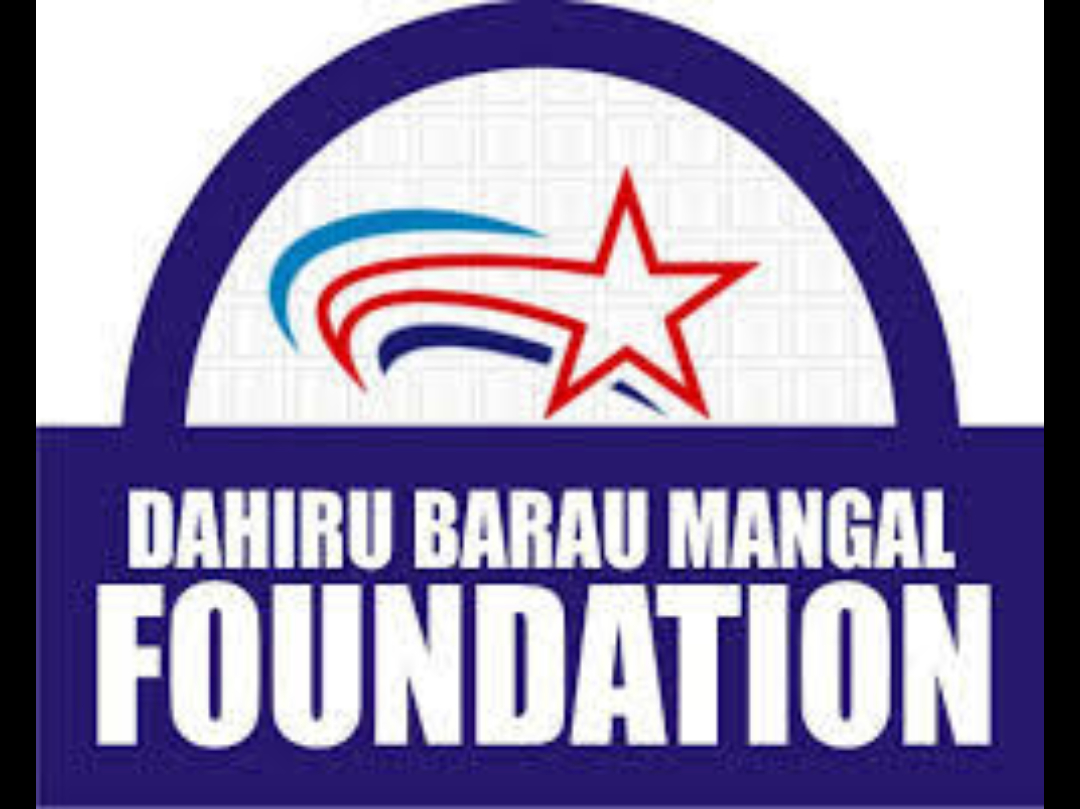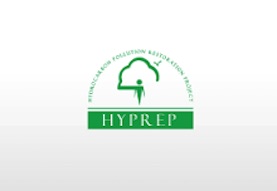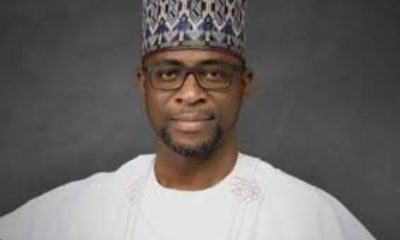Health
WHO warns of ‘2-track Pandemic’ as Cases Decline

The World Health Organisation (WHO) has said even though COVID-19 cases and deaths have declined in recent weeks, the world is facing a “two-track pandemic”.
WHO Director General, Tedros Ghebreyesus, said this on Monday at a media briefing at WHO headquarters in Geneva while campaigning to get more vaccines to developing countries.
Ghebreyesus said unequal distribution of vaccines had allowed COVID-19 to continue spreading, thus increasing odds of a variant emerging that could render these treatments ineffective.
“Inequitable vaccination is a threat to all nations, not just those with the fewest vaccines,” he warned
As of Monday, there were more than 173 million confirmed cases of COVID-19 globally, including 3.
7 million deaths.The director-general reported that new cases had dropped for six weeks and deaths for five weeks.
Despite these encouraging signs, he said progress remains “a mixed picture” as last week, deaths rose in Africa, the Americas and the Western Pacific.
“Increasingly, we see a two-track pandemic: many countries still face an extremely dangerous situation, while some of those with the highest vaccination rates are starting to talk about ending restrictions.”
The UN’s top health official advised caution in lifting restrictions, given the increased global transmission of variants of concern, as consequences could be disastrous for those not yet inoculated.
Meanwhile, many countries still lack sufficient vaccines; so far, nearly 44 per cent of doses have been administered in richer countries while in poorer nations, the figure is just 0.4 per cent.
The UN has been pressing governments to share their excess doses to the global vaccine equity initiative -COVAX while several countries have pledged donations, which Ghebreyesus hoped will soon be fulfilled.
The WHO chief recently called for a global push to vaccinate at least 10 per cent of the world’s population by September, and 30 per cent by December.
Reaching the September target will require an additional 250 million doses, with 100 million needed in June and July alone.
With the G7 summit taking place this weekend, the director-general issued an appeal to leaders.
“These seven nations have the power to meet these targets. I am calling on the G7 not just to commit to sharing doses, but to commit to sharing them in June and July.
“I also call on all manufacturers to give COVAX first right of refusal on new volume of vaccines, or to commit 50 per cent of their volumes to COVAX this year.”
The director-general also highlighted the importance of investing in vaccine production in low income countries, including for routine immunisations.
He noted that several nations were making progress in this area, following the launch of an African Union partnership for vaccine manufacturing.
Relatedly, several companies and countries have expressed interest in participating in a WHO plan to establish a technology transfer hub to facilitate global production of mRNA vaccines.
The biggest barrier to ending the pandemic remains sharing: of doses, of resources, of technology,” he said. (NAN)
Health
NAFDAC Intensifies Regulatory, Sensitization Activities in Yobe

The National Agency for Food and Drug Administration and Control (NAFDAC) says it intensified regulatory and public sensitization activities across Yobe in the first half of 2025.
Mr. Lawan Dadingelma, Yobe Coordinator of NAFDAC, made this known in an interview on Wednesday in Damaturu.
Dadingelma said the agency embarked on various campaigns and enforcement actions to ensure public safety and compliance with regulatory standards.
He said that the office carried out sensitisation exercises at the fruit and vegetable markets in Damaturu and Gashua, warning against the use of calcium carbide for ripening fruits and vegetables.
He said that the public was also sensitised on the dangers of using harmful chemicals to preserve agricultural produce such as beans, groundnuts, millet, and other food items.
Dadingelma said that the agency equally held meetings with associations of water and bakery producers to promote adherence to safety standards.
He added that the agency conducted awareness sessions on good warehousing practices for drinks and soft drinks.
“NAFDAC intensified regulatory monitoring activities in Damaturu, Potiskum, Gashua, and Geidam Local Government Areas, focusing on water production and bakeries.
“We also held an engagement with herbal product manufacturers in the state and sensitised local rice millers in Potiskum on best practices.
“Sanctions were imposed on patent medicine vendors found violating regulations, while drug hawkers across the state were similarly penalised.
“The agency also engaged NGOs, including the Society for Family Health, to enhance collaborative public health advocacy,” he said.
Dadingelma pointed out that the efforts were part of their mandate to safeguard public health and ensure that all regulated products met required safety standards. (NAN)
Health
Flooding: Monarch Introduces Weekly Environmental Sanitation

The Paramount Ruler of all Awori-speaking people, Oba Sulaiman Adekunle Bamigbade, Ayodele III, has directed residents of estates and communities within his domain to commence weekly environmental sanitation to mitigate the risk of flooding.
In a letter dated June 11, 2025, addressed to leaders and residents of various estates and communities under his jurisdiction, Oba Bamigbade stated that the decision was in response to predictions of heavy rainfall and potential flooding in the coming months.
According to the letter, which was made available to newsmen and signed by the monarch himself, the move aligns with recent warnings by the Nigerian Meteorological Agency (NiMET), which forecasted flooding in several states across the country due to expected intense rainfall.
“In light of the recent flooding predictions issued by the Nigerian Meteorological Agency (NiMET), it has become imperative for communities within our domain to take proactive steps towards safeguarding our environment and the wellbeing of our residents,” the monarch stated.
“To this end, I am calling for a mandatory weekly sanitation exercise across all estates within the Isheri Estates Community,” he added.
During the weekly exercise, residents are expected to clear drains, de-silt gutters, and properly dispose of domestic waste, among other activities to ensure a clean and flood-free environment.
Oba Bamigbade emphasized that there would be strict monitoring to ensure compliance, noting that he would personally visit estates and communities to assess adherence.
He further stated that the palace and its surrounding areas would take the lead in the exercise and that information regarding the sanitation directive would be disseminated to the grassroots to ensure widespread awareness.
The monarch’s initiative is part of a broader community effort to promote environmental responsibility and prevent avoidable disasters during the rainy season.
| ReplyReply allForwardAdd reaction |
Health
Foundation Sponsors Urology Surgery for 3,000 Vulnerable Patients in Katsina

No fewer than 3,000 vulnerable patients have benefited from the Alhaji Dahiru Mangal Foundation’s urology surgery intervention in Katsina State.
Alhaji Mangal, a philanthropist, has spent about N80 million since inception of the sponsored surgery project in the state.
Husaaini Kabir, a Board of Trustees (BOT) member of Mangal Foundation disclosed this during the launch of the exercise in Katsina on Saturday.
He explained that urology was part of healthcare that deals with diseases of the urinary tract (kidneys, ureters, bladder and urethra).
Kabir said that since the commencement of the exercise, no fewer than 3,000 vulnerable patients have benefited in about 10 exercises conducted previously in the state.
According to him, about N20 million has been earmarked to sponsor no fewer than 100 patients during the second quarter of the year.
He noted that drugs would be provided free for those whose condition did not require surgery after being checked.
Kabir disclosed that the exercise was part of the foundation’s Corporate Social Responsibility (CSR), aimed at giving back to the society, especially to the less privileged.
The BOT member added that people from different villages within the state, neighbouring states and also from Niger Republic, were equally benefiting from the gesture.
He said that the objective was to alleviate the burden of healthcare costs on the most vulnerable people, as many of them struggled to meet basic needs.
Kabir said the foundation had engaged the best medical team, adding that patients could also be screened at the Amadi Rimi Orthopaedic Hospital, in Batagarawa Local Government Area of the state.
He said: “The foundation has engaged the best medical team and procured high quality drugs and medical equipment for the surgery.
“The foundation is exclusively for empowerment, development, educational, charitable purposes and for supporting the poor and vulnerable in the area of healthcare and economic skill.”
He revealed that the foundation, which was established in 2016, had sponsored eye, hernia, and hydrocele surgical operations for thousands of vulnerable patients.
Responding, a beneficiary and staff of Katsina State Polytechnic, Malam Adamu Aliyu, commended the sponsor, saying that he was happy to be one of the beneficiaries.
He said that it was quite a relief as his meagre salary could not afford him the surgery.
Aliyu and other beneficiaries called on government, private organisations, and other wealthy individuals to emulate the gesture extended by the foundation.


























